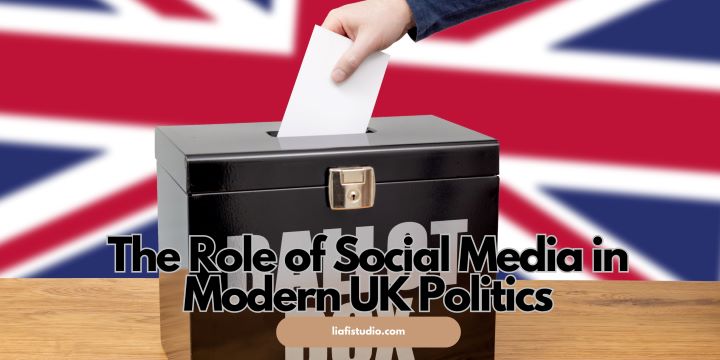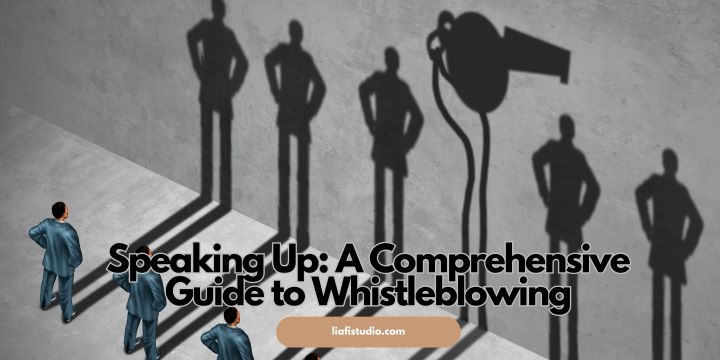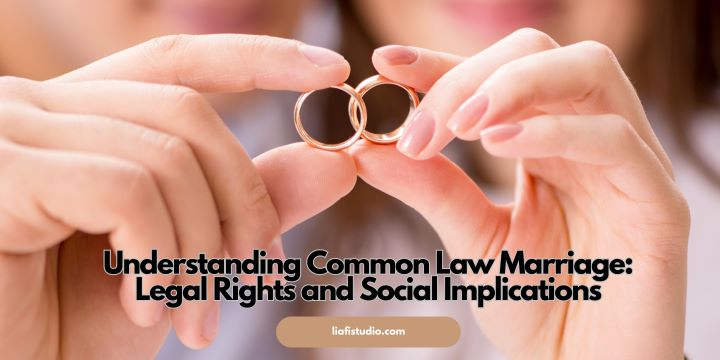Table of Contents
- Introduction and Background
- Impact on Political Campaigns
- Public Opinion and Social Media
- Role of Influencers
- Regulation and Ethics
- Future Trends
- Summary
- External Resources
Introduction and Background
In recent years, social media has become a significant force in shaping political discourse in the UK. The rise of platforms like Twitter, Facebook, and Instagram has transformed how politicians interact with the public and how news is disseminated. This article delves into the multifaceted impact of social media on modern UK politics. Social media’s influence is omnipresent and complex, from campaign strategies to public opinion and regulation. Understanding this dynamic allows us to grasp better how modern communication tools reshape the political environment, enabling greater public engagement and altering traditional power structures.
Impact on Political Campaigns
Social media has completely transformed political campaigns by providing a direct channel of communication between politicians and voters. The 2019 UK General Election demonstrated how political parties utilized social media to craft targeted messages and engage with specific demographics, influencing voter behavior in unprecedented ways. Politicians can now bypass traditional media channels to disseminate their messages directly to the public, making campaigns more dynamic and immediate. For comprehensive UK politics coverage, these platforms provide real-time updates and discussions that have fundamentally changed the political landscape.
One of the most noteworthy aspects is using data analytics to tailor messages to various voter segments. By analyzing social media behavior, politicians can fine-tune their messages to resonate more deeply with different sections of the electorate. This has led to highly personalized and sometimes contentious campaigning strategies. Furthermore, social media enables politicians to respond to events in real time, leveraging live updates and video content to maintain a continuous presence in the public eye.
Public Opinion and Social Media
The influence of social media on public opinion cannot be overstated. Platforms allow for the rapid spread of information—and misinformation—which can sway public opinion on critical issues. A study by The Guardian found that social media significantly impacts voter perceptions, particularly among younger demographics. This demographic increasingly turns to social media as their primary news source, bypassing traditional media outlets.
Moreover, social media provides a space for the public to voice their opinions, engage in debates, and mobilize for causes. This interactive nature has democratized political discourse and made it susceptible to echo chambers and the proliferation of fake news. Information on social media can spread quickly, shaping public opinion instantly, allowing both positive and negative stories to become popular swiftly.
Role of Influencers
Political influencers on social media have emerged as critical players in shaping the political landscape. These individuals can mobilize followers, raise awareness on issues, and even impact policy decisions. Prominent figures often use their platforms to advocate for political causes, bringing more visibility to their chosen issues. For instance, during the 2016 Brexit referendum, influencers played a crucial role in framing the debate and galvanizing public sentiment, showcasing the power of individual voices in the political arena.
The credibility and reach of these influencers can make them powerful allies or formidable opponents for politicians. Their ability to sway opinions and mobilize grassroots support has compelled political parties to engage actively with influencers as part of their broader strategies. The symbiotic relationship between politicians and influencers highlights the evolving nature of political campaigning, where social media engagement is often as crucial as traditional methods.
Regulation and Ethics
As the role of social media in politics continues to grow, so does the conversation around regulation and ethics. The UK government has been exploring ways to regulate political ads on social media to ensure transparency and fairness. Ethical considerations also remain paramount, given the potential for platforms to spread false information.
For instance, the debate on regulating political advertisements intensified following the Cambridge Analytica scandal, which exposed how personal data was used to manipulate voter behavior. This has resulted in higher examination and demands for stricter regulations to control the use of social media in politics. It is important to ensure that social media platforms follow ethical standards in order to uphold the integrity of the democratic process.
Future Trends
Looking ahead, social media is likely to continue to evolve and influence UK politics. Upcoming innovations in AI and data analytics could further refine how political campaigns are run and how politicians interact with voters. According to a BBC report, emerging technologies will likely make social media platforms even more integral to political strategy.
Furthermore, the increasing role of video content and live streaming on platforms like YouTube and TikTok offers new avenues for political engagement. These formats give voters more authentic and interactive experiences, potentially changing how political messages are crafted and delivered. Additionally, the rise of virtual reality and augmented reality tools could offer immersive ways for the public to engage with political content, making the future of political communication more innovative and accessible.
Summary
In summary, social media has fundamentally altered the landscape of UK politics. These platforms offer opportunities and challenges, from shaping public opinion to influencing political campaigns. As we move into the future, the relationship between social media and politics will continue to evolve. Staying informed about these changes is crucial for anyone interested in the dynamics of modern political discourse. Remaining vigilant about the ethical use of these platforms will ensure that they serve as tools for positive engagement and democratic participation.
External Resources
- The Guardian – UK Politics
- BBC – UK Politics




